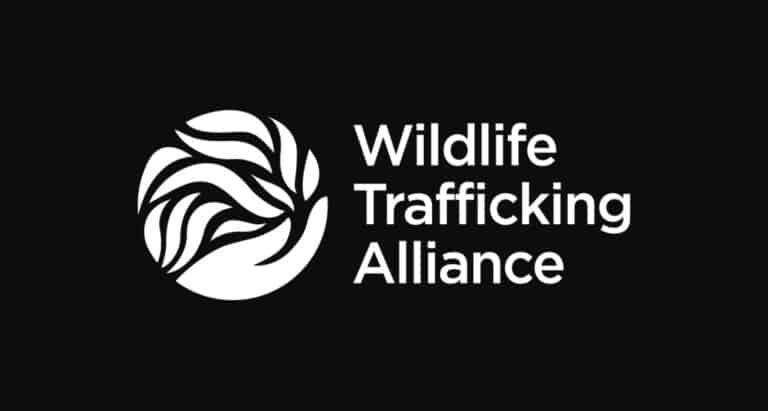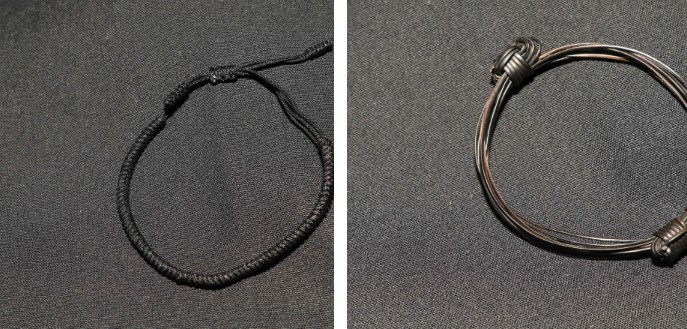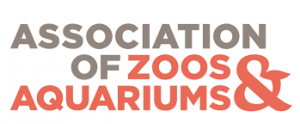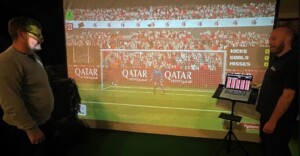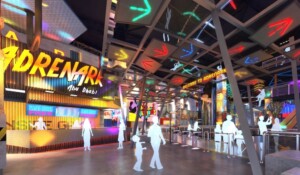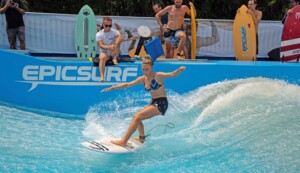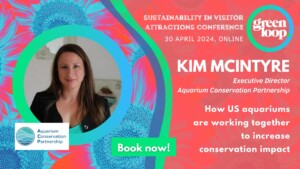AZA, the Association of Zoos and Aquariums, has partnered with a range of organisations to combat animal trafficking by international travellers.
The organisation’s Wildlife Trafficking Alliance (WTA) has teamed up with Seattle-Tacoma International Airport (SEA), Woodland Park Zoo, Point Defiance Zoo & Aquarium and Northwest Trek Wildlife Park, to create a unique interactive installation designed to help stop wildlife trafficking.
Coinciding with the introduction of the airport’s new International Arrivals Facility, the educational exhibit provides international travellers with the knowledge to prevent trafficking and encourage conservation when they shop, eat and enjoy experiences abroad.
The installation displays examples of illegally trafficked materials that have been confiscated, with some items being paired with sustainable lookalikes that emphasise the existence of legal alternatives.
Port of Seattle commissioner Fred Felleman says: “Travelers care deeply about the places they choose to visit but are sometimes unaware of the inadvertent impacts of their actions and how they can be avoided.
“The Port is proud to display the Savvy Traveler exhibit to elevate the awareness of millions of international travellers who pass through the airport annually so people know how they can make a difference. This installation helps us learn how to shop for legal, ethical souvenirs, eat sustainably, and photograph wildlife responsibly. We all must do our part to safeguard endangered wildlife and marine life around the world, as well as right here in Washington. I encourage everyone to take the savvy traveller pledge before your next trip.”
“Honoured to partner”
AZA president and CEO Dan Ashe adds: “Wildlife trafficking is decimating animal populations and supporting international criminal syndicates around the globe.
“AZA’s Wildlife Trafficking Alliance is honoured to partner with this consortium on making the installation a reality. Because demand for trafficked wildlife and wildlife products is driving thousands of animals toward extinction, consumers hold the key to ending the scourge of wildlife trafficking. By putting our actions in line with our values, we can work together to protect treasured species for the benefit of our planet, our security, and future generations.”
President and CEO of Woodland Park Zoo Alejandro Grajal says: “As a zoo, we’re working to preserve and protect endangered species. But we don’t want the only place for these animals to exist to be in zoos.
“Wildlife trafficking is not just about smuggling animals across borders. It can be inadvertent and subtle, and we can all contribute to the solution by thinking about what we purchase, eat and photograph. When we work together to protect animals, we create a sustainable planet for us all because the health and survival of wildlife are directly connected to the health of our global ecosystems.”
Multi-billion dollar illegalities
Illegal wildlife trade generates approximately $20 billion each year, with ivory alone generating $4 billion annually. Sam Wasser, Co-Executive Director and Professor of Biology at the University of Washington Center for Environmental Forensic Science, explains: “Most of the smuggled ivory consists of whole, unworked tusks. The tusks are bought and stockpiled by investors who appear to be banking on elephants going extinct so that ivory can once again be legally sold.
“While law enforcement plays a critical role in stopping illegal trade, the ease with which large volumes of ivory can be moved across the world makes it unlikely that law enforcement can stop the trade on its own. The only sustainable solution is to permanently eliminate demand. Please help us achieve that goal.”
More information on the project can be found on the SEA Savvy Travel website.
Earlier this year, the AZA celebrated the success of it’s ongoing SAFE conservation programme reviewed a number of institutions applying for accreditation.
